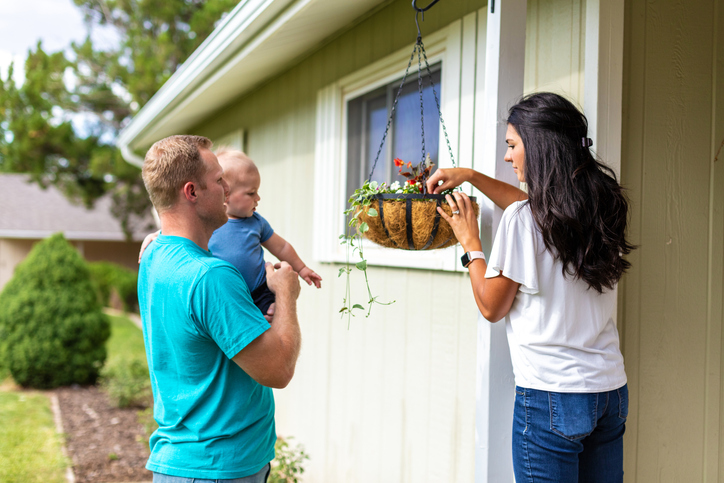Navigating the complexities of co-parenting after divorce in New Jersey involves a delicate balance of providing a healthy environment for children with New Jersey’s legal considerations. Divorced parents are required to have their parental duties monitored under the vigilant eye of New Jersey’s family law system. This legal framework emphasizes the importance of the child’s best interest, guiding co-parenting arrangements through custody agreements, parenting time schedules, and child support obligations. As parents embark on this challenging yet rewarding journey, they must adapt to their new roles and ensure that their children’s well-being remains at the heart of their collaborative efforts.
Co-parenting after divorce in New Jersey involves both parents playing an active role in their children’s lives despite the dissolution of the marriage. The focus is on the well-being and emotional stability of the children, ensuring that they maintain strong, healthy relationships with both parents. Here are some fundamental legal aspects to consider, as well as suggested tips to aid in successful co-parenting:
Legal Framework in New Jersey
- Parenting Time and Custody Agreements: New Jersey law recognizes two types of custody: physical custody (where the child lives) and legal custody (who makes important decisions for the child). Courts can award joint or sole custody, focusing on the child’s best interests. New Jersey law encourages shared parental responsibility and frequent contact between the child and both parents.
- Relocation: If a custodial parent wants to relocate with the child out of state or a significant distance within the state, they must obtain the other parent’s consent or a court order. The court will consider the potential impact on the child’s relationship with the non-relocating parent and whether the move is in the child’s best interest.
- Best Interests of the Child: Decisions in New Jersey regarding custody and parenting time are based on the best interests of the child, considering factors like the parents’ ability to agree, communicate, and cooperate in matters relating to the child; the needs of the child; and the safety of the child.
- Parenting Plans: It is advisable to create a detailed parenting plan that outlines schedules, holiday arrangements, the logistics for transportation needs, as well as methods of communication. This plan can be part of the divorce decree or a separate agreement.
Tips for Successful Co-parenting
- Prioritize Communication: Open, honest, and respectful communication is critical. Use neutral platforms like email or co-parenting apps to share information about the children’s schedules, health, education, and other needs.
- Consistency Is Vital: Try to maintain consistency in both households’ rules, discipline, and schedules. This stability can help children feel more secure during the transition.
- Plan and Document: A well-documented parenting plan that includes schedules, holidays, and decision-making procedures can prevent misunderstandings and conflicts.
- Put the Children First: Always prioritize the children’s needs and well-being above personal conflicts or differences. It is essential to avoid speaking negatively about the other parent in front of the children.
- Seek Support When Needed: It often takes a village, so do not hesitate to seek support from family, friends, or professionals like therapists or mediators, especially when navigating challenging co-parenting situations.
- Flexibility: Flexibility is as important as consistency at times. Be willing to adjust plans for the children’s benefit, accommodating special occasions or unexpected events.
- Respect Each Other’s Parenting Time: Respect the other parent’s time with the children. Avoid scheduling activities that conflict with their time, and encourage the children to enjoy their time with the other parent.
- Parenting Classes and Resources: Consider taking co-parenting classes offered by many organizations in New Jersey. These can provide strategies for effective co-parenting and help you navigate the legal and emotional complexities.
- Legal Advice: Given the complexities involved in co-parenting and family law, consulting with a family law attorney experienced in New Jersey law can provide personalized guidance and help protect your rights and interests throughout the co-parenting process.
Takeaway
Successful co-parenting after divorce requires effort, patience, and a commitment to putting the children’s needs first. By focusing on effective communication, consistency, and mutual respect, parents can create a supportive and stable environment for their children. Bozanian McGregor, LLC has experienced family law attorneys who can help you with your varied needs. Contact our firm for an initial consultation.

